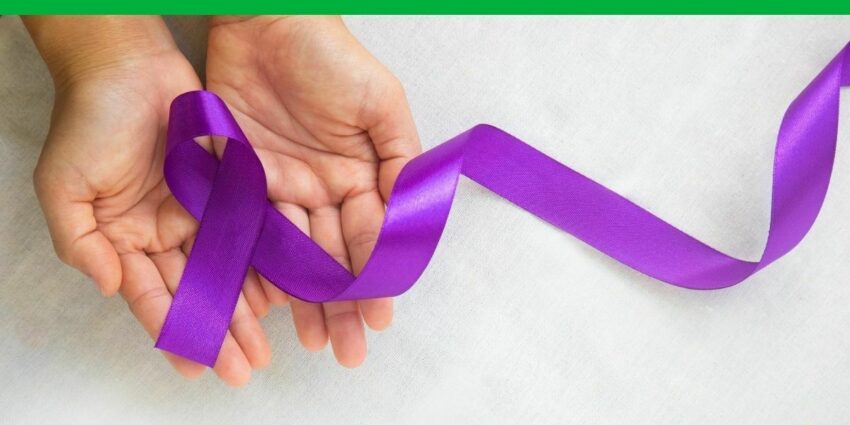
What you should know about testicular cancer
Post Date - Sep 28, 2023
No man wants to think it could happen to him – and we understand it’s a sensitive subject – but it’s important to understand your risk for testicular cancer and how early detection is your best chance at treatment and full recovery. Ascend takes driver health and safety very seriously so we want to give you a quick rundown on the common types and treatment of this cancer, how to perform a self-exam, and coping strategies in the event of a diagnosis.
Types of Testicular Cancer
Nearly all cases of testicular cancer start in the germ cells - the cells that produce sperm. The most common types of testicular cancer are:
- Seminomas: Slow-growing tumors that can develop in one or both testicles. They usually occur in men between the ages of 30 and 50.
- Non-seminomas: Faster-growing tumors that can develop in one or both testicles. They can occur at any age but are more common in men between the ages of 15 and 35.
There are also secondary testicular cancers that start in another organ and then spread (metastasize) to the testicle. These are not true testicular cancers – they don't start in the testicles. They're named and treated based on where they started.
Lymphoma is the most common secondary testicular cancer. Testicular lymphoma is more common in men older than 50 than primary testicular tumors. The outlook depends on the type and stage of lymphoma. The usual treatment is surgical removal, followed by radiation and/or chemotherapy. In men with acute leukemia, the leukemia cells can sometimes form a tumor in the testicle. Along with chemotherapy to treat leukemia, radiation or surgery to remove the testicle may be required.
Detecting Testicular Cancer
The best way to detect testicular cancer is through regular self-examinations. You should aim to do this once a month. To perform a self-exam:
- Stand in front of a mirror and look for any swelling or changes in the shape of the scrotum.
- Hold the testicle between your thumb and fingers and roll it gently, feeling for any lumps or hard areas.
- Repeat the process with the other testicle.
If you notice any changes or abnormalities, it is important to make an appointment with your healthcare provider as soon as possible. They may perform further testing, such as an ultrasound or blood tests to evaluate any potential abnormalities.
Treating Testicular Cancer
The good news is that testicular cancer is highly treatable, especially when caught early. Treatment options depend on the type and stage of the cancer. In most cases, the tumor and affected testicle will need to be removed through surgery. This is called a radical inguinal orchiectomy. If the cancer has spread to other parts of the body, additional treatments such as chemotherapy and radiation therapy may be required.
Following surgery or other treatments, your healthcare provider will schedule regular follow-up appointments and recommend further tests such as blood tests, imaging, or other scans to monitor your condition and determine if the cancer has returned or spread.
Coping with Testicular Cancer
A diagnosis of testicular cancer can cause a range of emotions, including fear or uncertainty about the future. It is important to seek support and find healthy ways to cope. Support groups and counseling services can offer valuable resources for coping with testicular cancer.
In addition, maintaining a healthy lifestyle can support your overall well-being and help with recovery. This may include regular exercise, a balanced diet, and stress-reducing activities such as meditation or yoga.
By taking an active role in your health and seeking support during your recovery, you can increase your chances of overcoming testicular cancer and living a healthy life.
Does your current carrier prioritize your physical, mental, and professional health? If not, we encourage you to connect with Ascend and see what opportunities we have for you!
Sources:
1 American Society of Clinical Oncology. Testicular Cancer: Introduction. 09/2016.Accessed at www.cancer.net/cancer-types/testicular-cancer/introduction on April 26,2018.
2 National Cancer Institute. Testicular Cancer Treatment (PDQ®)–Patient Version. July7, 2016. Accessed at www.cancer.gov/types/testicular/patient/testicular-treatment-pdq on
April 26, 2018.
3 National Comprehensive Cancer Network, Clinical Practice Guidelines in Oncology(NCCN Guidelines®), Testicular Cancer, Version 2.2018 -- February 16, 2018.Accessed at
www.nccn.org/professionals/physician_gls/pdf/testicular.pdf on April 26,2018.